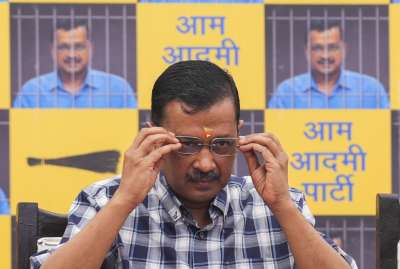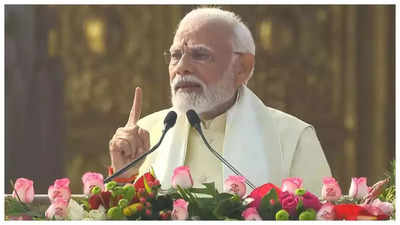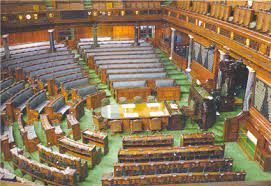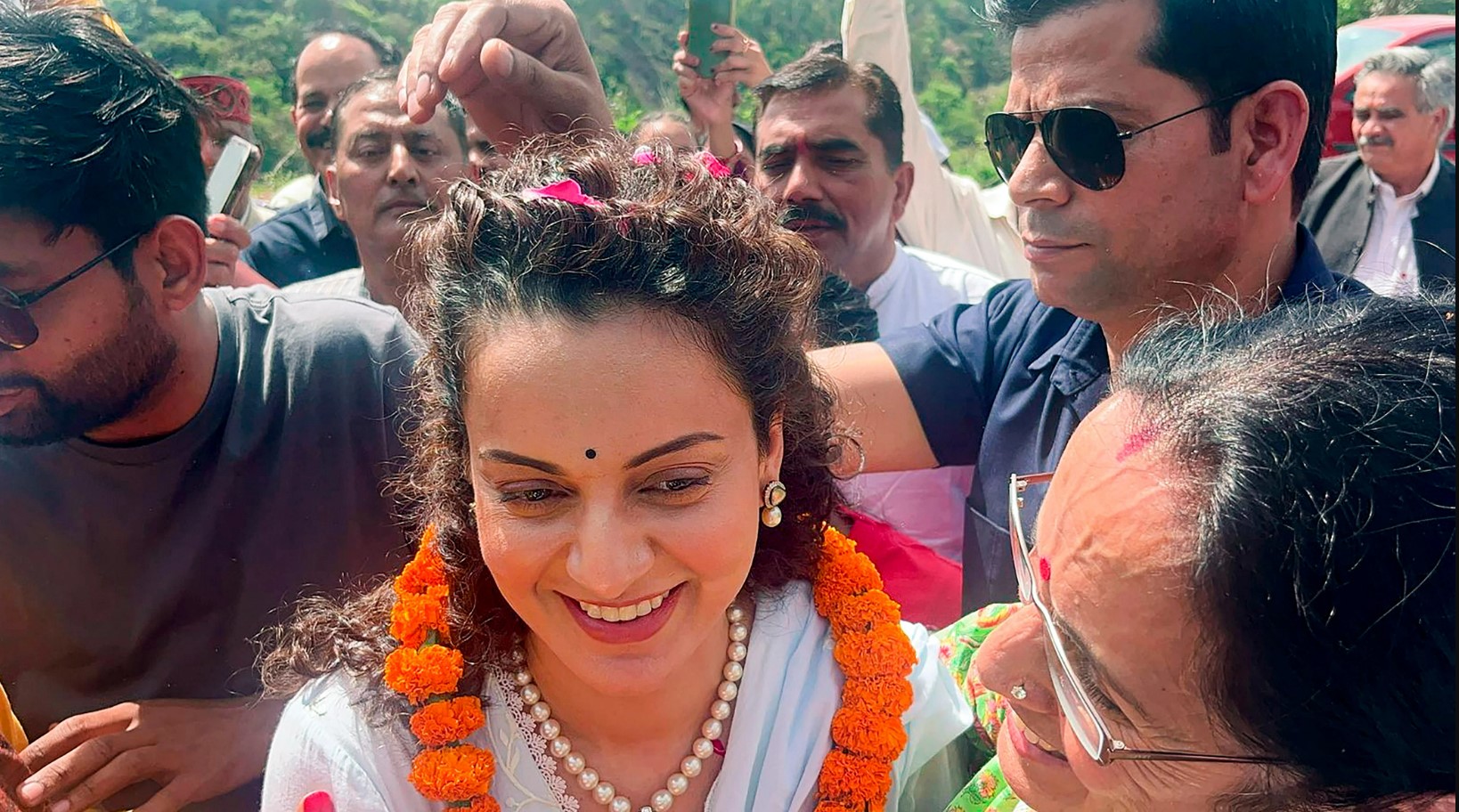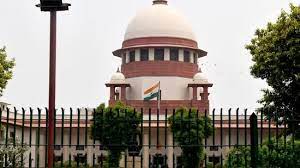
Supreme court's electoral Bonds verdict
The 232-page ruling on electoral bonds issued by the Supreme Court is a detailed document that covers every facet of the association between money and politics in a democracy. The court examined the topic of money affecting election politics in great detail while rendering its unanimous decision to invalidate the election Bonds program.
"The challenge to the statutory amendments and the Electoral Bond Scheme cannot be adjudicated in isolation without a reference to the actual impact of money on electoral politicsâ. The effect of provisions dealing with electoral finance cannot be determined without recognising the influence of money on politics", the verdict notes.
Constitution Bench led by Chief Justice of India D.Y. Chandrachud
While it is true that the law requires anonymity to be a key component of electoral bonds, a Constitution Bench led by Chief Justice of India D.Y. Chandrachud noted in its ruling invalidating the scheme that the donors' de jure anonymity does not correspond to their de facto anonymity. The bench said, "The electoral bond scheme and the impugned provisions to the extent that they infringe upon the right to information of the voter by anonymizing contributions through electoral bonds are violative of Article 19(1) (a) (of the Constitution)."
It said the Constitution guarantees political equality by focusing on the 'elector' and the 'elected'. Nevertheless, despite the constitutional safeguards, political inequality still exists. The disparity in people's capacity to influence political decisions as a result of economic inequality is one of the elements that fuels inequality.
Former Chief Election Commissioner SY Quraishi declared on 15th February that the Supreme Court's decision to overturn the electoral bonds program is a "great boon for democracy". People will trust democracy again as a result of this. The best thing that could have occurred is this. In the last five-seven years, this is the Supreme Court's most significant ruling. It is really beneficial to democracy. Over the past many years, we have all been worried. Every democratic sympathizer was demonstrating against it. I have written many articles and given numerous interviews to the media. And the ruling addresses every concern we brought up.
The Indian legislature does not prohibit corporations or the general public from contributing to elections. Furthermore, there are no set restrictions on the amount of money that a candidate or party may accept in donations. The maximum amount of money a candidate may spend when running for an Assembly or Parliamentary seat is limited by law, nevertheless. The most negative features of money's impact on politics have been made worse by electoral bonds. Through purchasing votes, financing protracted campaigns, and establishing an unfair playing field, financial donations have an indirect impact on the election process, particularly for candidates from lower socioeconomic backgrounds and newly formed political parties.
The 2018 plan was declared "unconstitutional" by the Supreme Court on Thursday, which also mandated the publication of bond values, beneficiaries, and purchasers' identities. This was a historic ruling.
